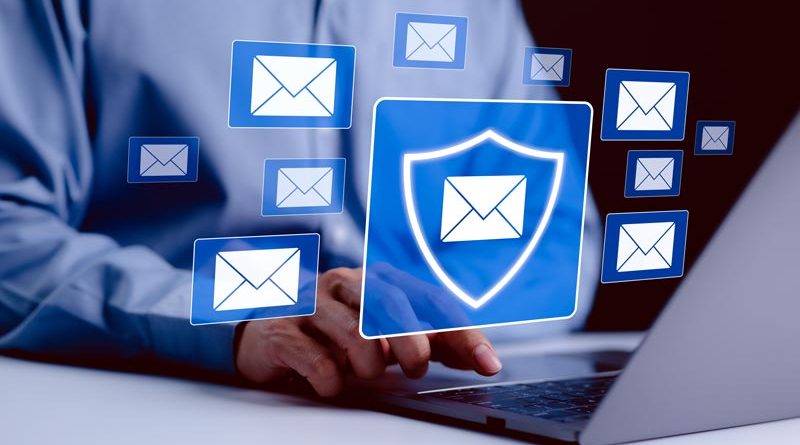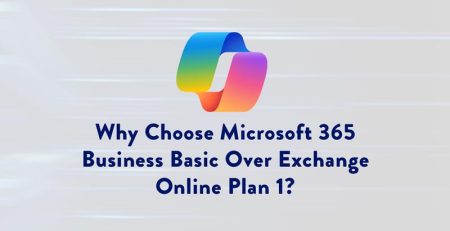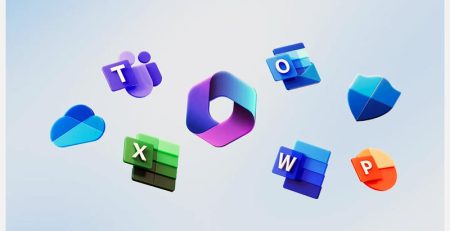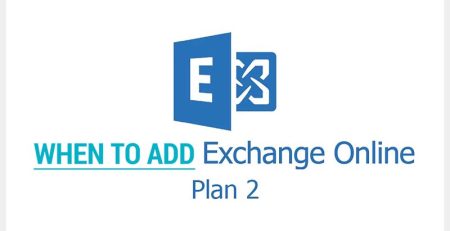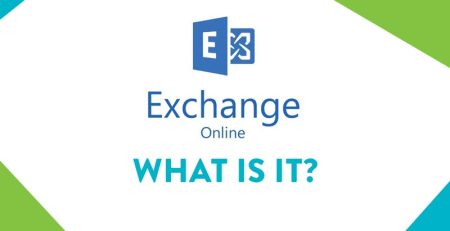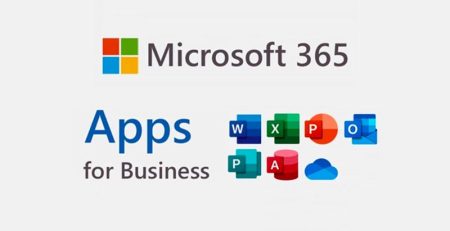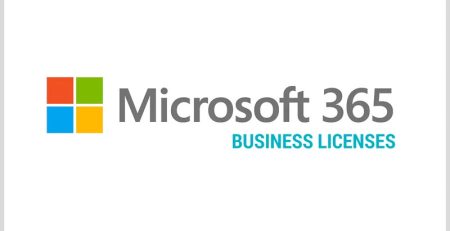What Does ‘Business-class Email’ Really Mean?
Email has come a long way since the 1990s. And while some providers offer free services that are perfect for personal use, it would be unwise to use those free providers as a replacement for business-class email.
Similar to how business-grade computers use higher-quality materials and come with professional features that consumer-grade models don’t, business-class email is a more robust email service that offers more features and security tools than your typical Gmail or Yahoo email.
When we say “business-class email,” it means email that offers features designed for use in a business setting. Microsoft 365 and Google Workspace (a separate entity from Gmail) are two of the top email providers that offer this.
So, what sets business-class email apart from consumer-grade email services?
Large Mailbox Size
Business-class email generally offers a larger mailbox than traditional consumer-grade email. For example, even if you purchase Microsoft 365 Business Basic — the smallest of the three Business tiers — you still get 50 GB of storage space with an additional 50 GB of archive space.
Gmail, on the other hand, only offers 15 GB of storage space with a free account, which also competes for space to store photos, music, files and more.
Custom Domain
Business-class email services allow you to choose your own domain name for email addresses (ex.: yourname@yourcompany.com).
While an email handle of yourcompany@gmail.com or yourcompany@yahoo.com might be OK for startups or , a custom domain looks more professional and helps your organization build brand credibility.
Security Features
While even the most basic of email providers offer some level of security, such as basic data encryption and spam filtering, business-class offers more advanced security features and encryption that help protect sensitive information found in business emails.
For example, Microsoft offers email quarantine that will allow you to view a suspicious-looking email safely to determine if it is safe. Furthermore, you can set companywide restrictions on what kinds of emails are held in quarantine versus those that are simply moved to the junk folder.
It also protects against malware and can scan links and attachments to determine if they are safe or contain viruses.
Consumer-grade email offers enough security for personal use, but it’s not advanced enough for business use, and you certainly can’t implement policies on a companywide level.
“If your organization is utilizing a free email service, we would recommend upgrading to business-class email. Not only is it inexpensive — many plans cost less than $10 per user, per month — but they offer advanced security features that keep you and your organization safe from attackers and offer custom domains that make your business look more professional.”
More Control
Speaking of companywide policies, business-class email providers allow you to centrally control security for all accounts within your domain rather than allowing individuals to control security settings on their own.
You can add and remove users, determine which devices employees can access their email from and enforce multifactor authentication to protect against phishing scams.
If you use multiple consumer emails for your business, you cannot implement any of these policies yourself. Additionally, you may find it hard to be approved on cybersecurity insurance applications because insurance providers will see that you are sending company data outside of your organization’s control.
Compliance
If your organization is an industry that requires you to meet regulatory requirements, such as the Health Insurance Portability and Accountability Act (HIPAA) and General Data Protection Regulation (GDPR), business-class email is built to meet those requirements.
For example, you can implement data loss prevention policies so employees need to use a PIN to open their phone, making it harder for others to gain access to email data.
Collaboration Tools
Business-class email makes it easy to manage meetings, deadlines and other calendar items; assign tasks to your employees; and communicate with your team.
Consumer-grade grade email services might have basic chat and calendar features, but again, they aren’t nearly as cohesive and expansive as business-class email.
If your organization is utilizing a free email service, we would recommend upgrading to business-class email.
Not only is it inexpensive — many plans cost less than $10 per user, per month — but they offer advanced security features that keep you and your organization safe from attackers and offer custom domains that make your business look more professional.
Upgrade to Business-class Email
If your organization is using a free email service, it’s time for an upgrade. Don’t wait until you fall victim to a phishing attack.
Contact us today to learn more about business-class email. You can schedule a meeting with us to discuss your options and what Microsoft 365 license works best for you.
Stay updated! Get tips and insights delivered to your inbox weekly by subscribing to our newsletter.

